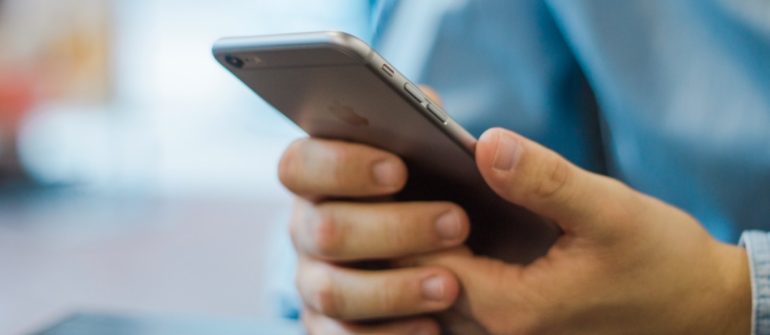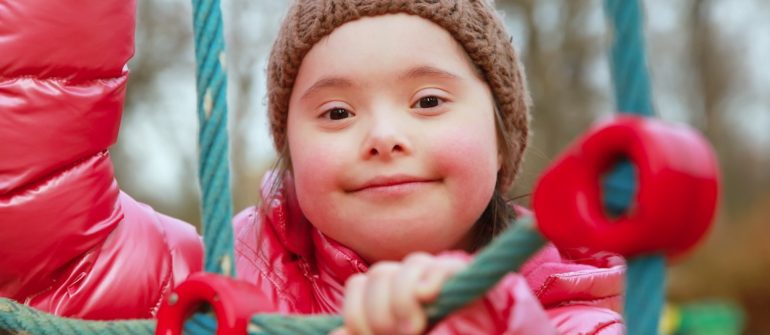AMSkier Broad & Bright articles are SKI-Way articles that have been opened to the public. Full access to SKI-Way articles, podcasts and other media is exclusively available to AMSkier camp clients. Interested in becoming a client? Tell us about you and your camp!
WHY EVERY CAMP NEEDS A FULLY AUTOMATIC GENERATOR
Dan Isdaner
November 6, 2012
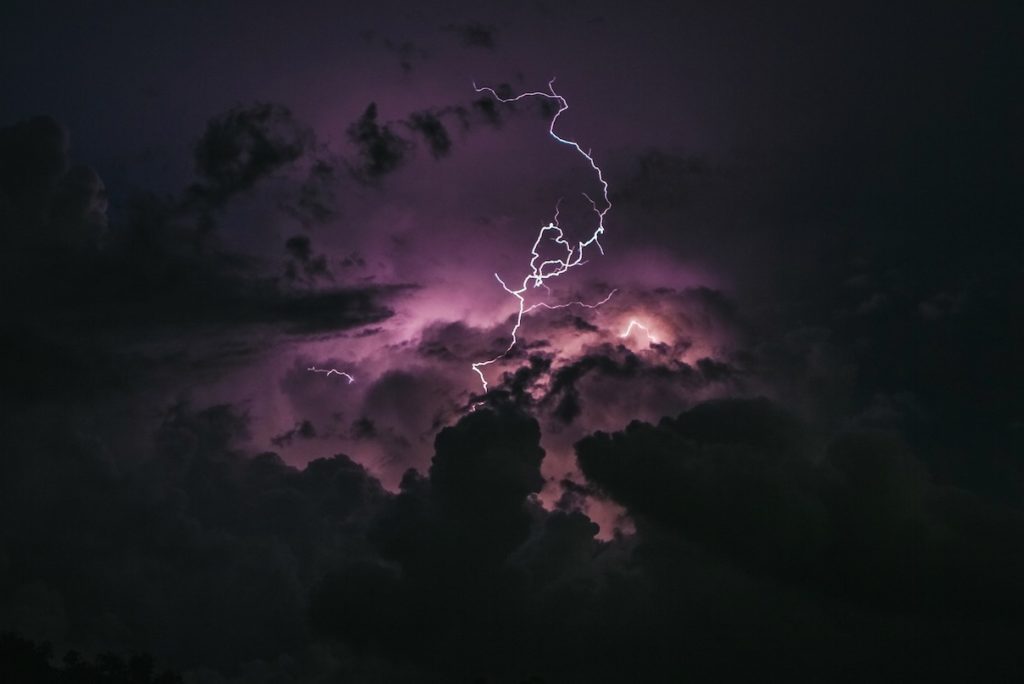 The impact that Superstorm Sandy has had on homes and businesses is a chilling reminder of the need for proper emergency planning. Among the many results of severe weather, loss of power can have a serious impact on a camp’s ability to continue safe and normal operations. This guest blog from Dan Isdaner about fully automatic generators is both informative and very timely. – Gary Kimball, AMSkier Partner
The impact that Superstorm Sandy has had on homes and businesses is a chilling reminder of the need for proper emergency planning. Among the many results of severe weather, loss of power can have a serious impact on a camp’s ability to continue safe and normal operations. This guest blog from Dan Isdaner about fully automatic generators is both informative and very timely. – Gary Kimball, AMSkier Partner
In years past, when a severe storm would knock out power at camp for hours at a time, the only thing we could do was put campers back in their cabins, make sure the refrigerators and freezers were locked up and keep our fingers crossed that Central Maine Power would restore power as quickly as possible. But as summer weather patterns have become more erratic — and power outages a more common occurrence — the thought of installing a permanent, fully automatic, self-contained generator went from being an idea to a reality.
Losing power for any length of time can be detrimental to any camp (day or residential). Extended power outages affect all aspects of camp life: the kitchen, the health center, the dining room, the bathrooms, office operations including phone lines and, most importantly, the safety of each and every camper and staff member of your summer family.
A self-contained generator has an automatic transfer switch that recognizes when you are no longer receiving power from your local utility company. Within seconds it switches the generator on as your main power source. There are a few considerations when choosing a generator:
• You can elect to have selected emergency circuits. This allows you to decide which buildings you want to receive power, making it a more cost-effective option than an automatic system.
• No matter which generator you choose, make sure you have enough wattage to support the buildings that you want to be turned on during a power outage. For example, if you lose power during the day, you may not find it necessary to have power on in all of your indoor facilities; however, a power outage in the evening will offer a completely different protocol.
• Identifying what size generator you will need depends on the size of your camp and the number of buildings you want to generate. It is important not to overload the generator and only run what the wattage can handle.
If you are the director/owner of a camp, investing in a permanent, self-contained generator not only offers peace of mind, but also enables you to run camp confidently, without missing a beat.
Hospitals, schools, nursing homes and other entities who are in the business of caring for others all have emergency generators, and camps should be no different. Parents entrust us to keep their kids safe — making sure you can withstand a power outage is an important step in that direction.
Have you had experience with generators at your camp? Please share generator brands or solutions that have worked for you.
Was This Helpful? Get More Content Like This!
Join Our Public Broad & Bright List Below
AMSkier Camp clients already receive these articles and much more.

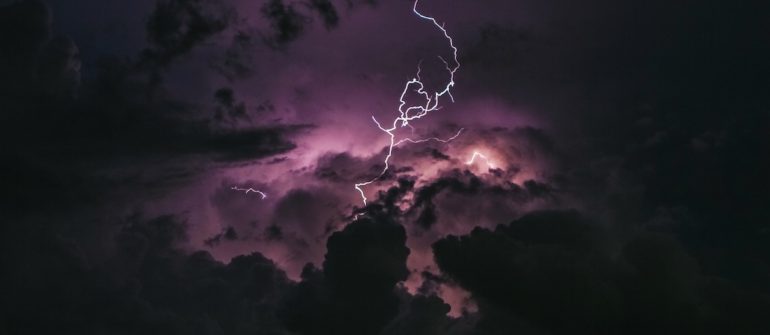
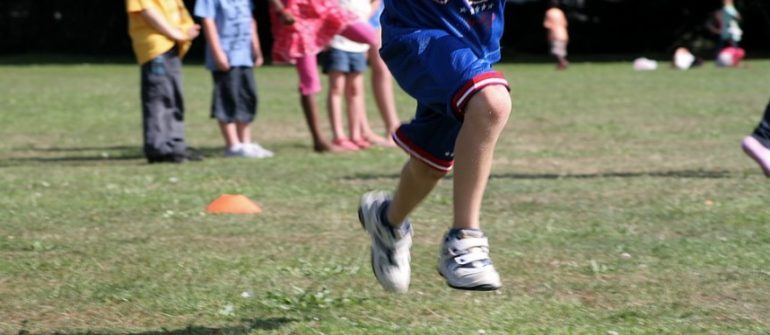
 Alan Cooper, Esquire
Alan Cooper, Esquire

